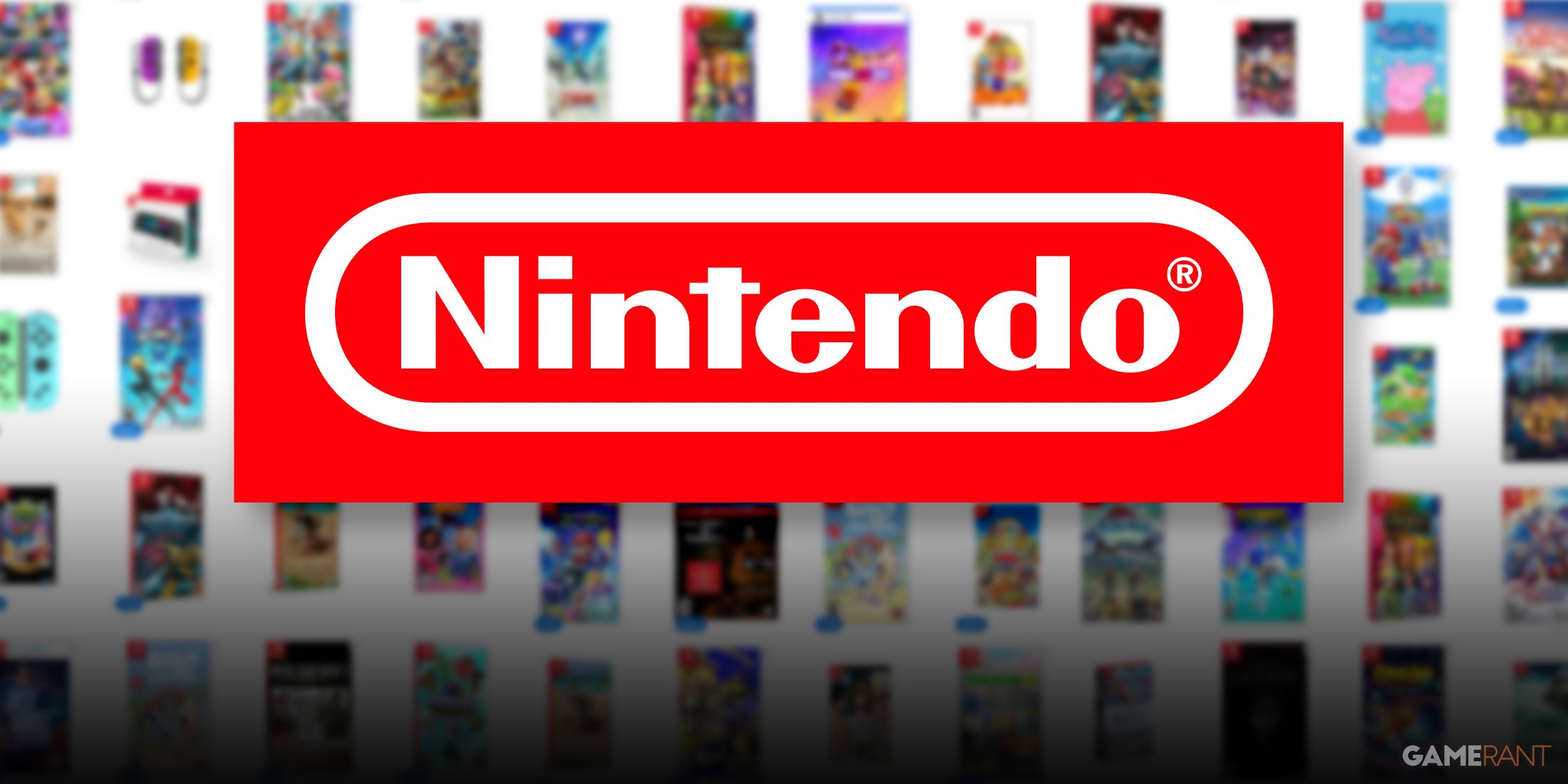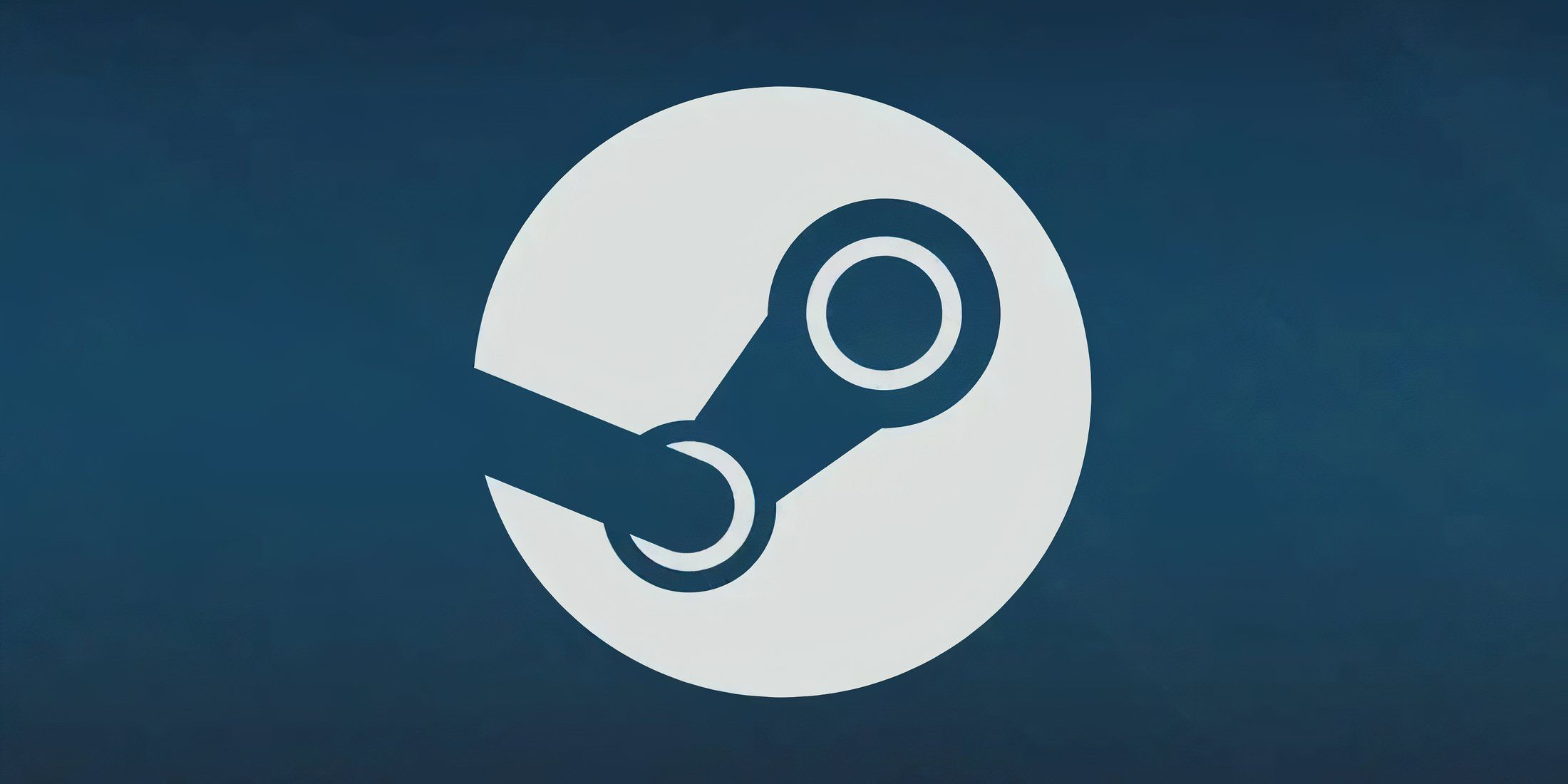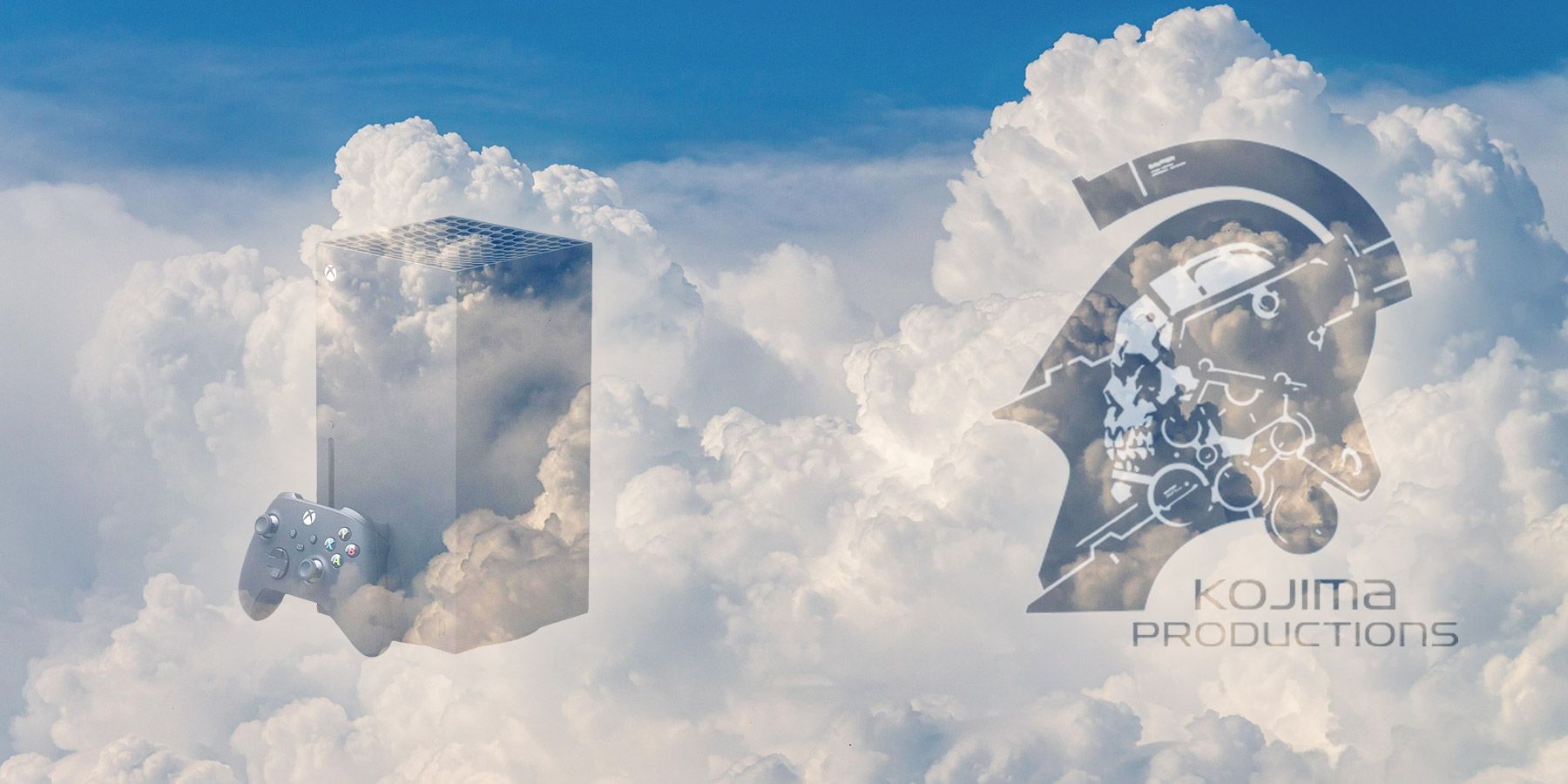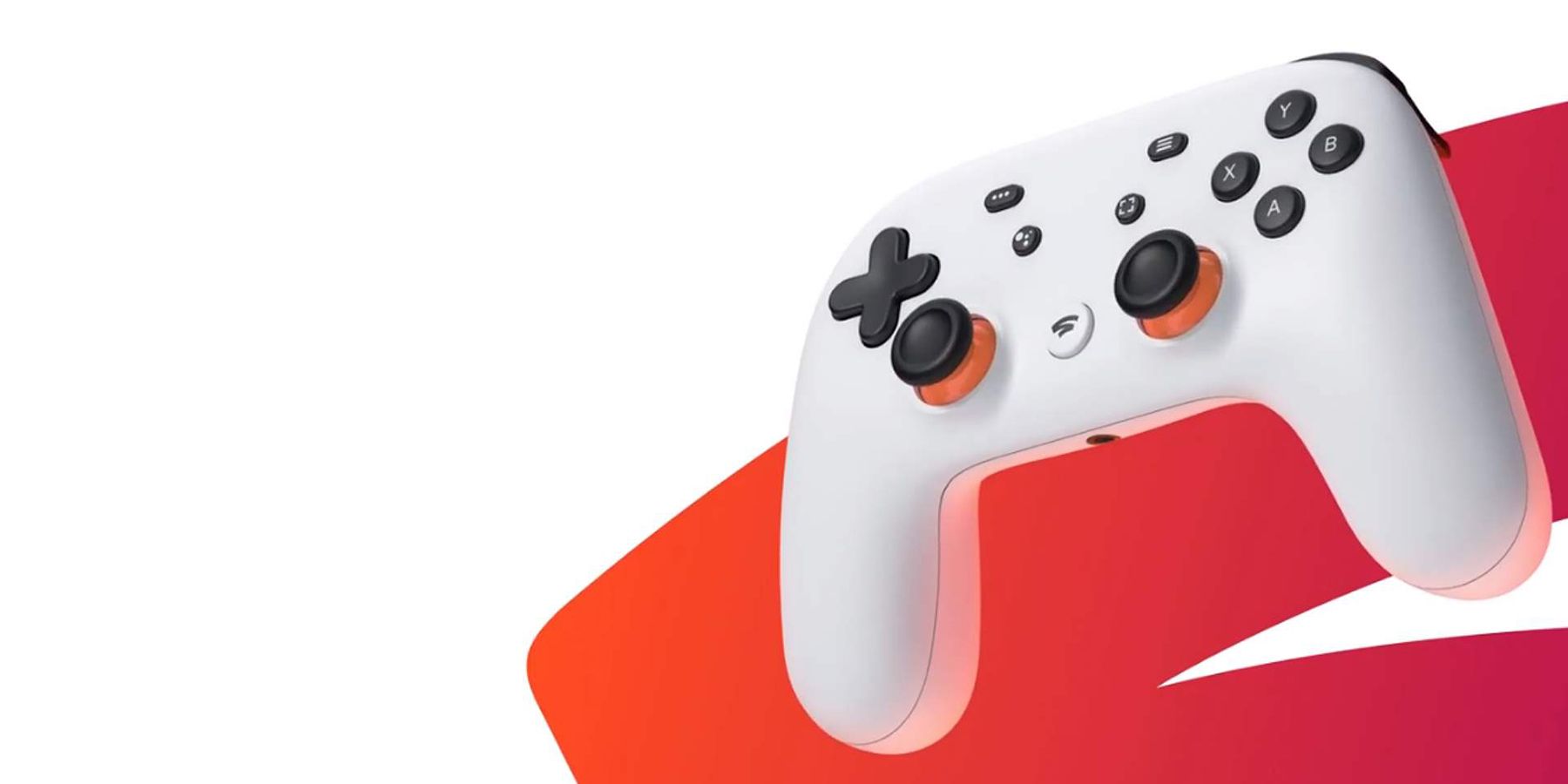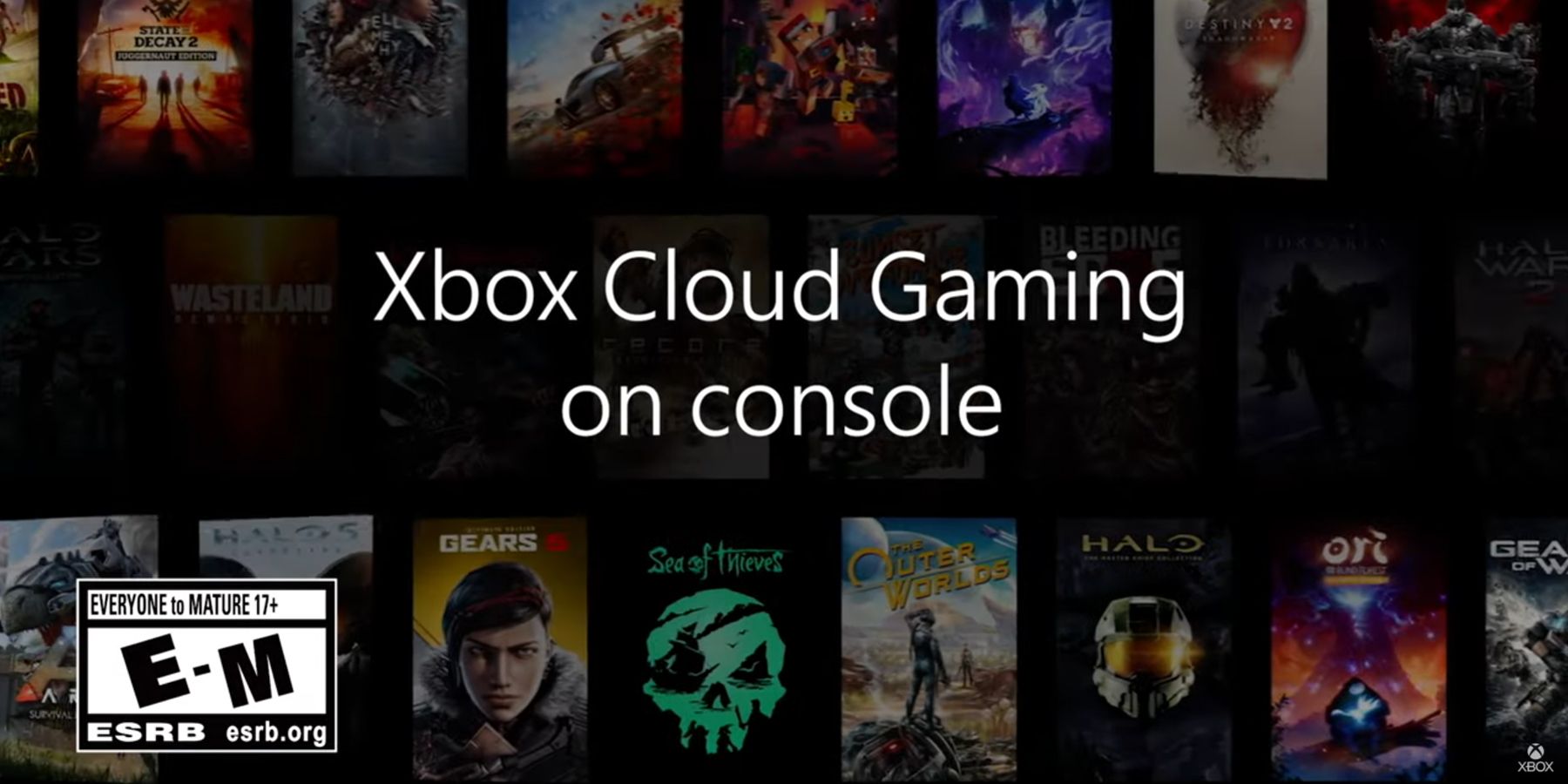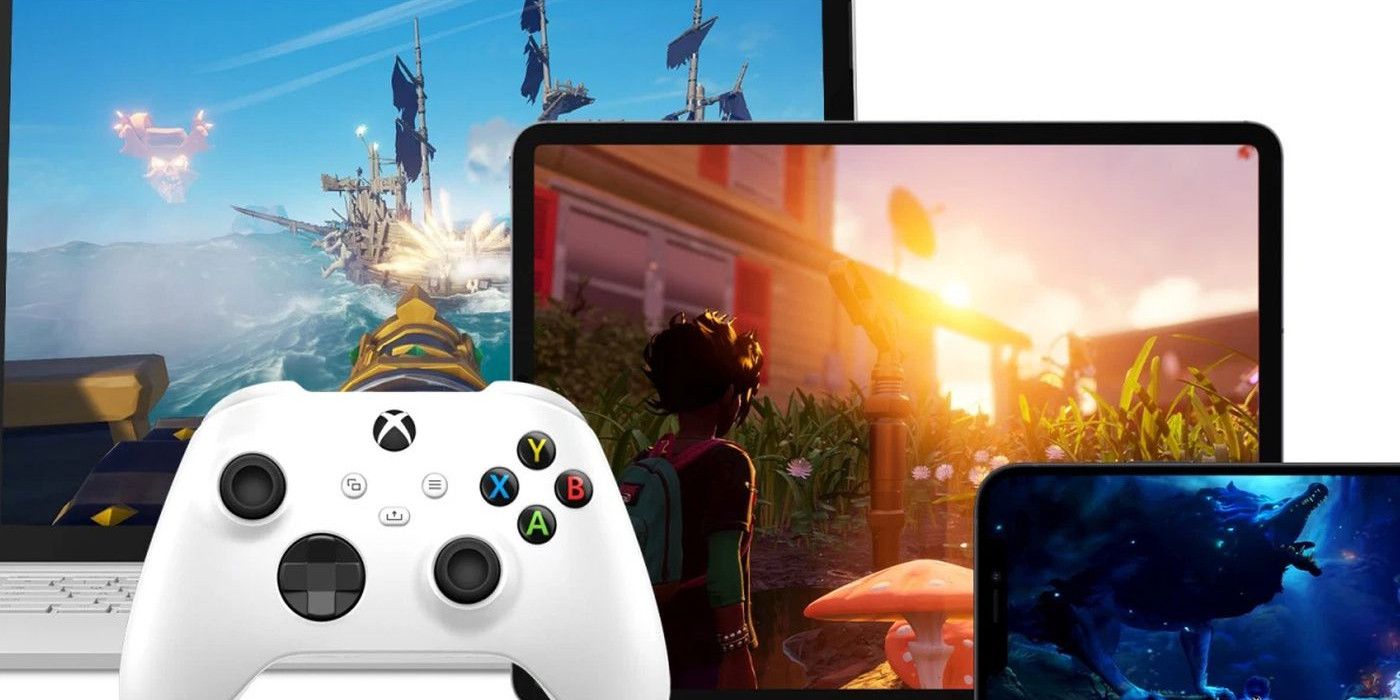An unspoken victor of the recent Xbox and Bethesda Games Showcase was undoubtedly gaming via the Cloud. With a huge array of featured titles within the showcase boasting Xbox Cloud Gaming compatibility, it is clearly a medium of gaming that Microsoft in particular is putting a lot of trust and hope into.
Despite still being in its very early stages of development, Xbox Cloud Gaming has been enjoyed by Game Pass users for some time in a Beta capacity, and the benefits are already clear to see. One of the most high-profile projects announced at the aforementioned showcase is largely rumored to be a Cloud-exclusive, giving credence to this particular avenue of gaming potentially rising to the forefront of the industry in the near future.
The Core Aspects of Cloud Gaming
Cloud gaming is the process of streaming a video game through an internet connection via a remote server. As part of Cloud gaming, there is no need to download a title, with a player instead being able to instantly access and play a Cloud-compatible title as long as a stable internet connection is maintained.
While Cloud gaming has been a concept for some time, primarily on PCs, it is safe to say that Xbox has been the recent leading pioneer in making Cloud gaming feasible on a leading game console, especially concerning AAA titles. Microsoft launched the Xbox Cloud Gaming service in a Beta state in November 2019, and Xbox Game Pass Ultimate subscribers have been receiving a growing catalog of Cloud-compatible games since 2020, in a bid to test out the ambitious new Cloud service.
It is worth mentioning that Cloud gaming is a growing facet of the new generation of hand-held consoles. Gaming through the Cloud has been extended to Valve's ambitious Steam Deck platform, which can access high-profile Cloud gaming services such as Google Stadia. Remote Cloud streaming services such as Google Stadia and Amazon Luna have had a relatively tough time finding their footing, but Xbox has the already-established hardware and player base to take Cloud gaming to the next level.
The Pros and Cons of Cloud Gaming and Xbox Cloud Gaming
The main allure of Cloud gaming in general is of course the increased mobility and accessibility it brings to titles. Thanks to the aforementioned lack of download times, games can be picked up and played instantlyas a result of Cloud gaming, wherever a player is, and often with minimal hardware.
Cloud games can be played instantly on Xbox consoles, but can also be streamed instantly to PC, laptops, phones, and tablets through Game Pass on supported browsers and apps. This provides untold benefits in allowing for gaming on the go, eliminating the days of having to lug around a console. A more hidden benefit to this kind of Cloud gaming is that games can resultantly be played on the most basic of hardware. Xbox Cloud titles currently allow for up to 1080p streaming and 60 FPS in its current state, be it on a mobile device or a low-specification PC or laptop.
Regardless of these attractive benefits, it remains that Cloud gaming in general has its flaws. Some of these flaws are the logical results of the concept's relative infancy to date, while others are always going to be present within Cloud gaming due to its very nature.
Perhaps due to Xbox Cloud Gaming still being within its Beta stage on many platforms, players should expect intermittent periods of dropped frames and sudden drops in streaming quality, depending on the quality of their internet connection and the scale of game being played. It can be assumed that this is at least partly due to the inexorable teething problems of launching such an ambitious service, which will ideally become more smooth and consistent over time.
Unsurprisingly, the most overt flaw of Cloud gaming is the fact that a fairly strong and reliable internet connection is absolutely imperative to any such service. With many gamers growing increasingly concerned at the growing "always online" nature of the industry, cropping up in games like 2017's Sonic Mania, Cloud gaming will surely exacerbate and further normalize a reliance on constant internet connection within gaming.
How Cloud Gaming Could Be the Future
Cloud gaming seems to be at the relative forefront of Xbox's focus. For example, Xbox recently partnered with Samsung to bring Game Pass Cloud titles to Smart TVs. Additionally, official Xbox "Stream Puck" hardware is reportedly in the works.
The normalization of Cloud gaming appears to be further verified by the recent Xbox and Bethesda Games Showcase, in which the majority of shown titles were billed to have Cloud-compatibility as a growing standard of the industry, at least from Microsoft's point of view. One of the biggest contributing factors that points towards a gaming future dominated by the Cloud came from the surprise announcement of a project between Xbox and long-time PlayStation collaborator Hideo Kojima.
A currently untitled project, the unexpected partnership between the two parties is made even more unique in that it is billed as a game that is crafted completely around the Xbox Cloud system. During the showcase, Kojima himself cited the "cutting edge Cloud technology" that Microsoft has curated as a leading factor in his decision to work directly alongside Xbox.
Considering that this level of praise is coming from an industry veteran who is renowned for pushing the boundaries of established gaming norms, Cloud gaming could very well be the future of the industry. With the technology of Xbox Cloud Gaming likely to improve significantly over the coming years, Cloud gaming is well poised to become more and more ingrained as other companies follow suit.

